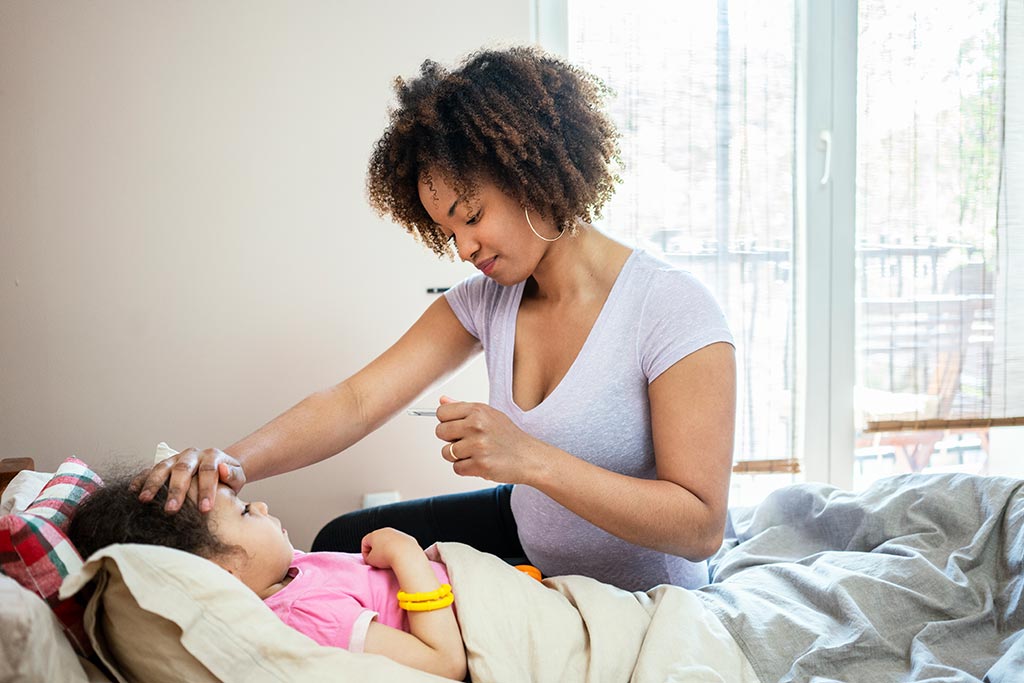Epilepsy Alarm: How To Take Care Of Epilepsy Patients
Epilepsy is known as a neurological disorder that is characterized by recurrent seizures. A seizure is a sudden, uncontrolled burst of electrical activity in the brain. Epilepsy is one of the most common serious neurological disorders, affecting about 3 million Americans. It can develop at any age, but it is more common in young children and older adults. There are many different types of seizures, and they can vary in severity. Some people with epilepsy only have occasional seizures that are not very severe, while others may have frequent or severe seizures that can be life-threatening.
Epilepsy is a very serious condition, and it is important to get treatment as soon as possible if you or someone you know has epilepsy. There is no one-size-fits-all treatment for epilepsy, and the best approach depends on the individual. Medications are often effective in controlling seizures, but some people may also need surgical intervention. The goal of treatment is to control seizures and improve quality of life. If you or someone you know has epilepsy, it is important to learn as much as you can about the condition.
Here are some tips on how to take care of someone with epilepsy: First, learn all you can about epilepsy. The more you know, the better able you will be to help your loved one. This can be done by reading books or articles, talking to other people with epilepsy, or attending support groups. You can also find a lot of information online. Next, make sure you know what to do in case of a seizure. It is important to stay calm and not panic. If the person having the seizure is not in danger, try to guide them to a safe place. To obtain more details on epilepsy alarm kindly head to Epilepsyseizure.
Do not put anything in their mouth, and do not try to restrain them. It is also important to know the person's triggers and try to avoid them. Some common triggers include stress, lack of sleep, and certain medications. If you can identify the triggers, you can help to prevent seizures. An epilepsy alarm is also a good idea to have in case of seizures.

An epilepsy alarm can help to alert others that a seizure is happening and can also help to keep the person safe. Also, make sure the person with epilepsy has a medical ID card. This can be very helpful in case of an emergency. The card should list the person's name, condition, and medications. It is also a good idea to include the contact information for their doctor or epilepsy specialist. Also, encourage the person to live a healthy lifestyle. This includes getting enough sleep, eating a balanced diet, and exercising regularly. Avoiding alcohol and illegal drugs is also important.
A healthy lifestyle can help to reduce the frequency and severity of seizures. Next, you can provide emotional support. Epilepsy can be a very difficult condition to deal with, and it can be isolating. Be there for your loved ones when they need you. Listen to them, offer advice and support, and just be a shoulder to cry on when needed. Lastly, educate others about epilepsy. There is still a lot of myths and misunderstanding about this condition. Help to educate others about what epilepsy is and what it is not. This can help to reduce the stigma associated with the condition.
Comments
Post a Comment